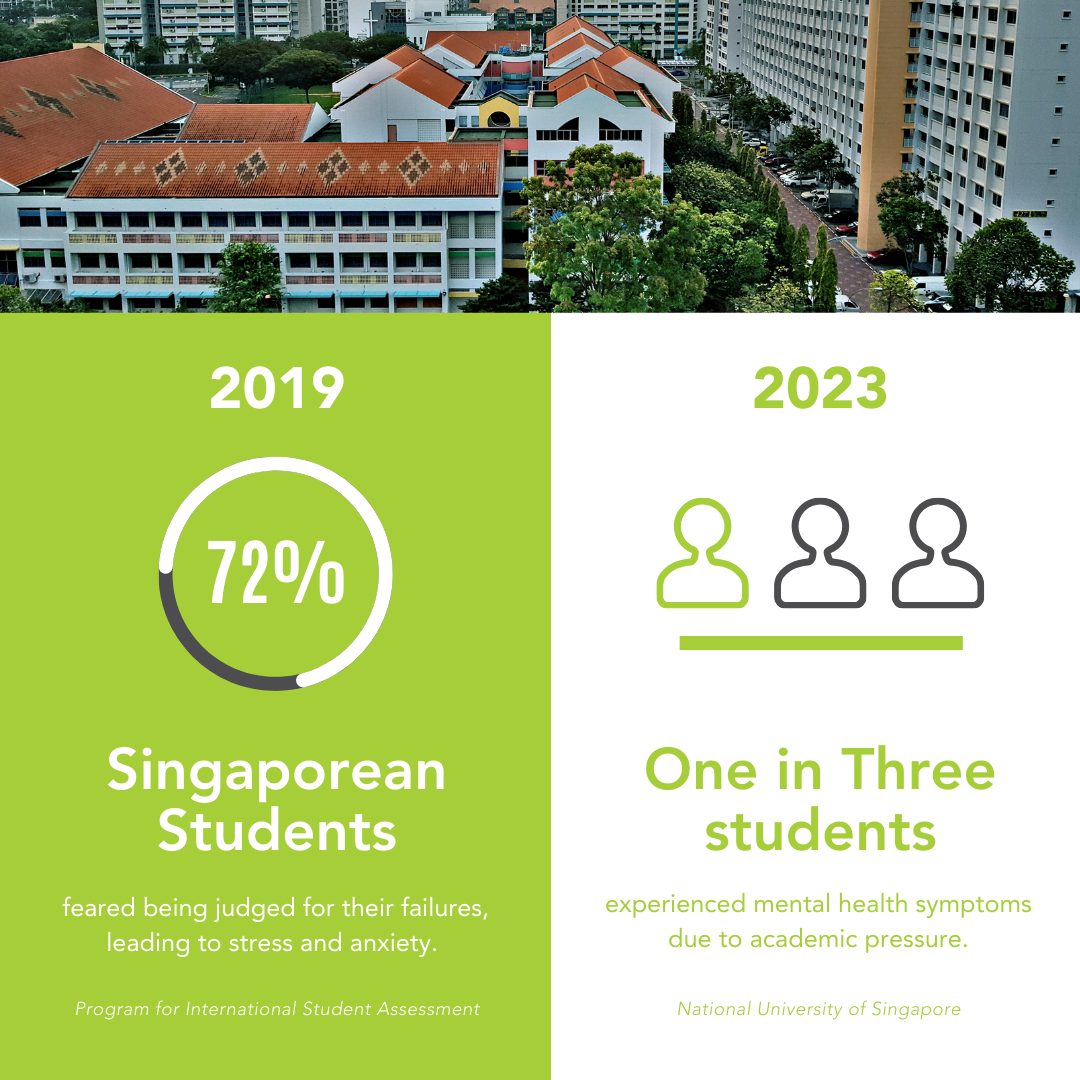#CodingLabParenting: Prepare Your Child for an Interdisciplinary Future
Interdisciplinary appears to be the new buzzword for both local and global universities! Students with creativity and diverse, holistic perspectives are in demand for today’s top schools.
As the boundaries between the humanities and sciences become increasingly blurred, it is essential to equip your child with interdisciplinary learning skills. Blending scientific and humanistic approaches allows our kids to tackle any challenge. Furthermore, interdisciplinary learning empowers children to forge their own educational journeys by exploring the fundamental principles of each discipline (Source).
Read on for four effective ways to prepare your child for success in this interdisciplinary future!
Both local and global universities are increasingly looking out for well-rounded individuals!
Four Ways to Prepare Your Child for an Interdisciplinary Future
Introduce breadth and depth into your child’s learning
Having solid foundations in multiple subjects promotes experimentation in both, resulting in more meaningful engagement. Encourage your child to participate in activities that hone a plethora of different skills. For example, baking and decorating their own cookies allows your child to grapple with the topics of measurement and artistic appreciation!
Instead of choosing one area to focus on, immerse your child in both math and music! At Coding Lab, we incorporate different areas into our coding classes.For example, Coding Lab’s P11S - Music Composer class enables children aged 7-9 to practice their coding skills while furthering their music composition skills.
Combining coding knowledge with a musician’s skill to compose a Star Wars Animation in P11S - Music Composer!
Our Young Computer Scientists taking a class picture at the end of lesson after creating their own AR photobooth!
Coding Lab also employs a progressive structure to aid our students’ growth in multiple areas of interest. After your child completes the P11S - Music Composer class, they could move on to the P11S - Augmented Reality class, expanding their Scratch coding skills in the creation of their very own AR photobooth!
Introduce math skills from an early age
A budding architect shows off his mathematical and coding prowess with his 4-sided polygon (square) house in P11S - Math Geometry!
Math is inherently interdisciplinary and linked to other subjects - even in non-STEM contexts like art and social sciences, which require the use of quantitative data! The relationship between mathematics and general ability has also been found to be particularly strong, with problem-solving skills highly useful in processing and overcoming challenges within and outside of school.
Math doesn’t need to be boring! Engage your child’s numerical and problem-solving abilities in a family Kahoot game, or get them to make a map of your house. If your child loves drawing, they can also hone their graphic design skills and math skills through creating programs to draw N-sided polygons in our P11S - Math Geometry class.
Problem solving in real world situations
A key facet of interdisciplinary thinking lies in high levels of critical thinking abilities in real-world challenges (Source). Being skeptical allows your child to question more deeply the situations and issues they are faced with in the real world - which is particularly important in an era where misinformation is rampant!
Coding Lab believes in the collective power of classroom discussions to overcome programming obstacles!
Instead of restricting your child to schoolwork, have conversations with them about the issues you face at your work and get your child to brainstorm solutions. Furthermore, you could present your child with an incomplete or inaccurate scenario to work with - this teaches your child to look out for contextual gaps rather than make decisions based on assumptions. While brainstorming with your child, keep asking them “why” questions - “Why are you doing this?” “Why is this wrong?”.
Coding Lab’s debugging sessions during class also parallel group work in working life, where our students question one another and exercise critical thinking for a suitable outcome!
Activities - the more, the merrier!
Minecraft-themed birthday party at Coding Lab - our CodingLabStudent, Mitchell, 8, and his friends programmed Minecraft mods to commemorate the occasion!
All work and no play make Jack a dull boy – we all know this as parents! That's why we thoughtfully plan and schedule playdates for our children.
The importance of collaborative spirit and cross-checking each others’ beliefs is an especially crucial step in interdisciplinary learning.
Some simple ways to structure playdates include organising a treasure hunt with other parents for your children, leaving clues from different disciplines (trivia, English grammar, simple math) for your child to solve with their peers.
The fun doesn’t end here - check out our Techtivities posts for more suggested activities to try with your child!
The activities we've shared—ranging from creative projects to engaging field trips—are designed to cultivate curiosity, critical thinking, and a love for learning in diverse contexts. Let's embrace this holistic approach to education, preparing our children not only for academic success but also for a future where they can thrive as well-rounded, inquisitive individuals!







